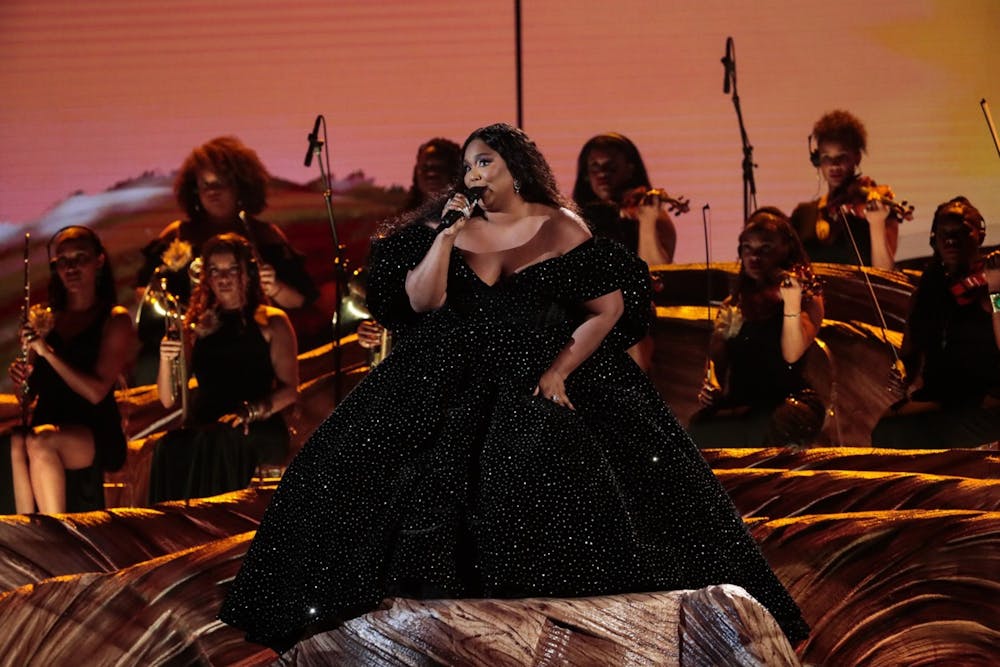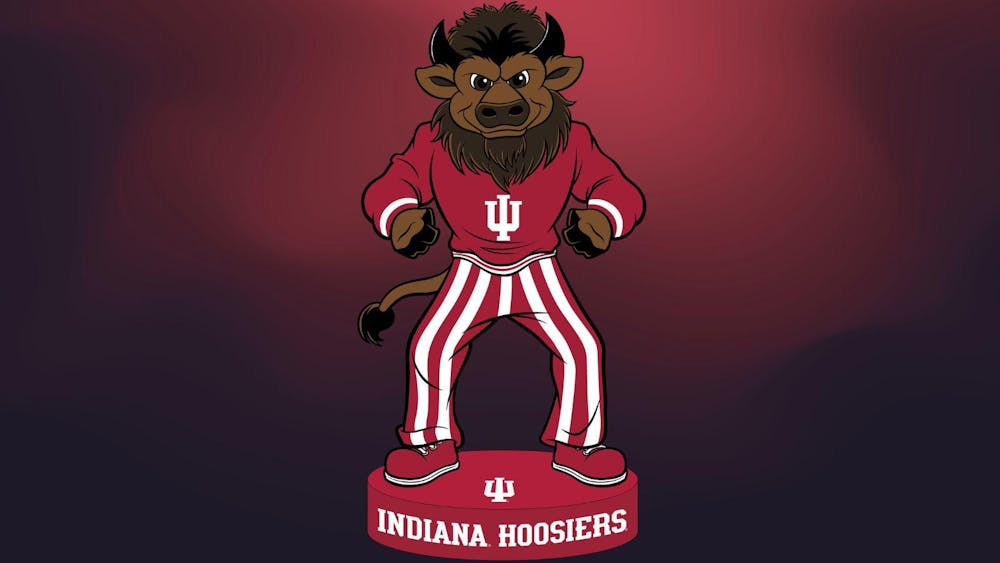Some people feel inclined to engage in conversations about the female body including Megan Thee Stallion, Lizzo and even Serena Williams. On social media these conversations are usually degrading and portray the Black female physique in a negative light.
This issue is exceptionally problematic within Black and Brown communities, especially when these standards are coming from a majority of white influencers and celebrities who have consistently appropriated and flaunted their own curvaceous bodies without the same harsh treatment in return.
Historically, Black and Brown women have consistently been undermined, shamed and portrayed in film and media platforms as distracting, ugly, fat and big-boned. Additionallyend, Black women have also been seen as hypersexual.
Ellise Smith, IU Ph.D. student and founder of Fatness Fiction, an organization whose focus is to dispel the myths associated around fat persons and to provide a space for them to celebrate themselves while living in color via +Plus Size Magic!, said body image means being able to wake up and not have to worry about if you are valid or not. She said her identity,which intersects between being Black, fat and a woman, all contribute to her very being.
“When I look at myself as a fat Black woman, I can’t just walk into a room and just be Black, fat or a woman,” Smith said. “I have intersecting identities that play differently from other bodies. A fat white woman is not going to experience life the same way I am.”
Throughout history, women’s bodies have always been a topic of debate, whether relating to body image or reproductive rights. However, when it comes to Black women’s bodies, this severity of this topic only heightens, Smith said.
Smith said Black women control the narrative, and people become upset because of it.
“People get upset when they can’t control the cool,” Smith said. “We control the narrative. People are putting their lives at risk to have what Black women have.”
Smith said people need to mind their own health and stop associating health issues with plus size bodies.
“Every plus size body is not a sick body, and every thin person is not healthy,” Smith said.
Smith said fat Black women and those who struggle with body image should realize outside opinions do not matter, and they should instead focus their energy on uplifting and encouraging others.
“The opinions of the world do not matter,” Smith said. “Somebody is going to like you, and somebody is not going to like you. You have to decide to move forward with it.”
Smith said she should be able to wear, show up and be whoever she wants to be in the body that she has.
“To all the Black bodies, especially Black women because I have that identity, don’t ever feel you should cover up or reveal or do anything that makes you feel uncomfortable,” Smith said.
“There’s never a day we get to walk out of our own skin. Don’t diminish your value for anyone.”
2020 IU graduate Prea Jackson and founder of Level Up with Prea, said people police women’s bodies in response to the social media trends about how women’s bodies should look, like having a shape of a coke bottle.
“People feel the need to police our bodies because of the world's trends and the standard of a woman's body should be a certain way,” Jackson said. “Either your body should be slim with no waist and a big butt and if it’s not it’s literally not accepted.”
According to Jackson, the policing of Black women’s bodies grows stronger because of comparisons.
“Comparing ourselves to others only leads to destruction,” Jackson said. “We have to learn to love our bodies flaws and all. I would even suggest starting speaking body positivity to yourself on the daily. What you feed your mind is what it can believe.”
While social media does not always celebrate body positivity and images, what matters most is how we view ourselves, Jackson said. Black women control the narrative of their own bodies, and we just need to truly believe it, she said.
“Loving yourself is an ongoing journey,” Jackson said. “Be kind with yourself and your mind. Give yourself grace and learn not to be so hard on yourself.”






